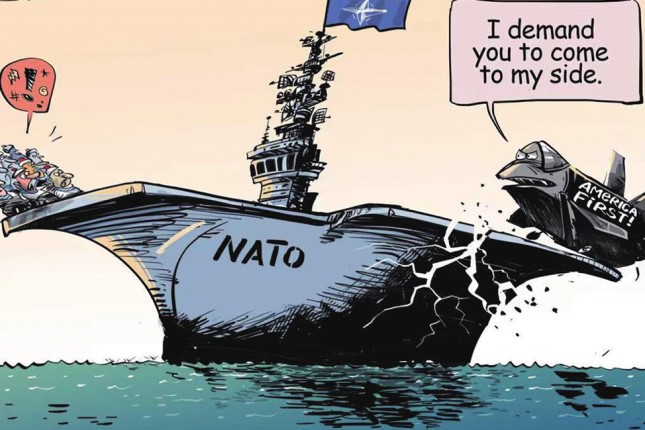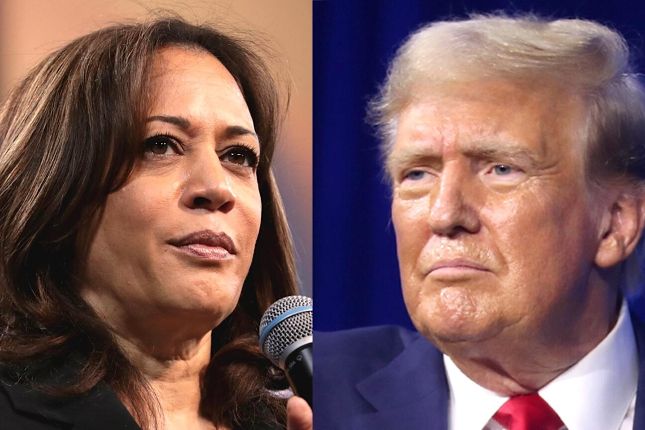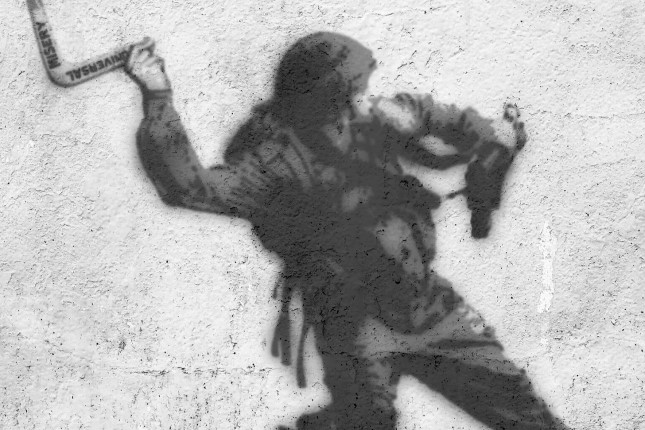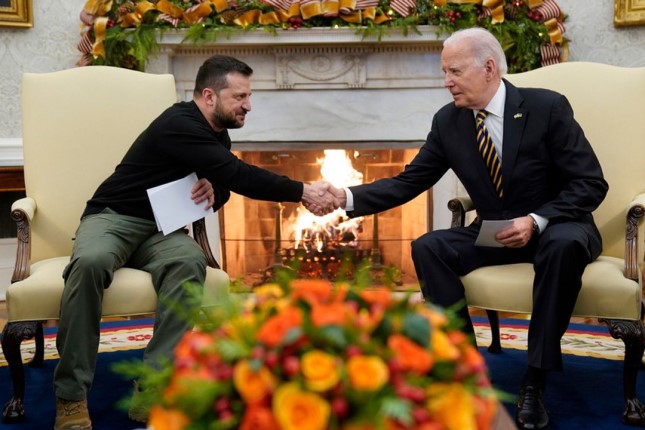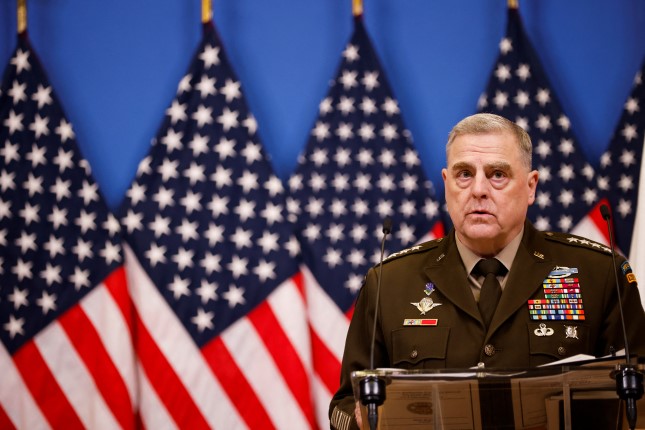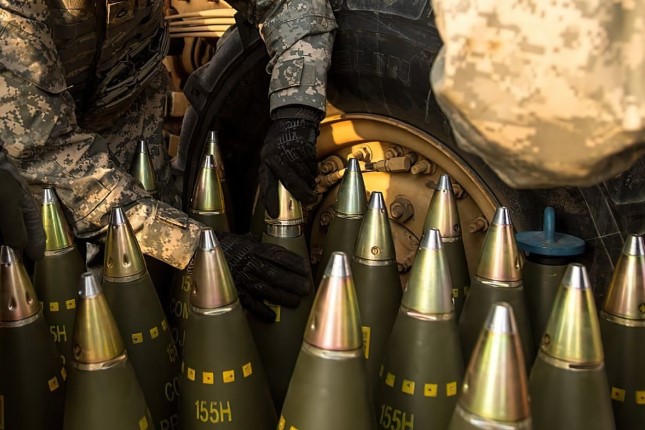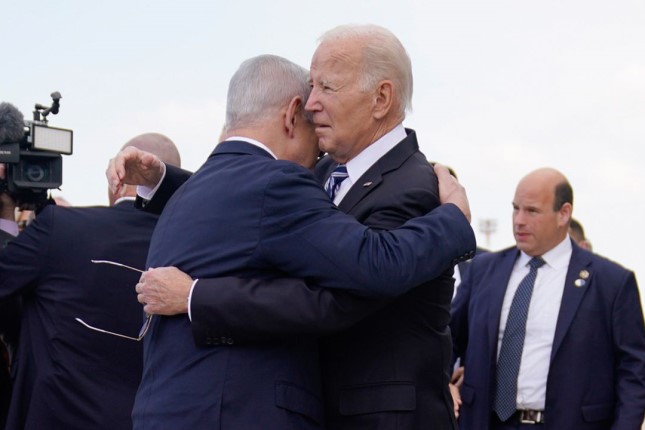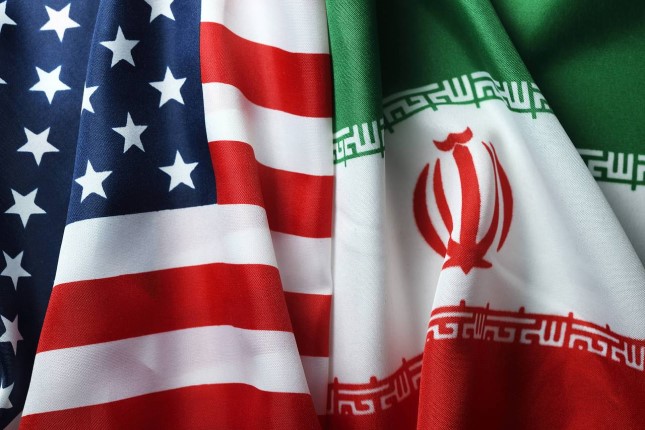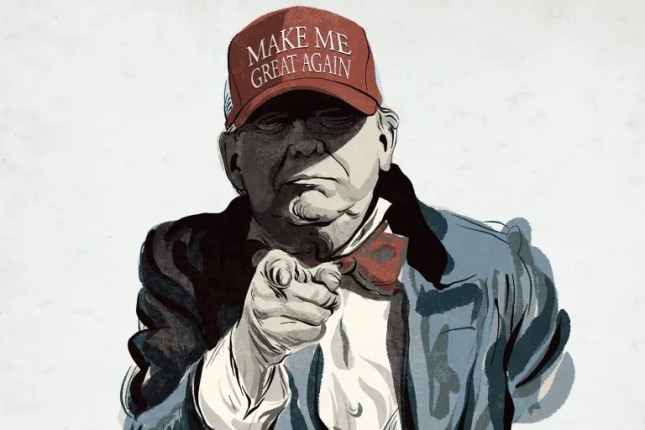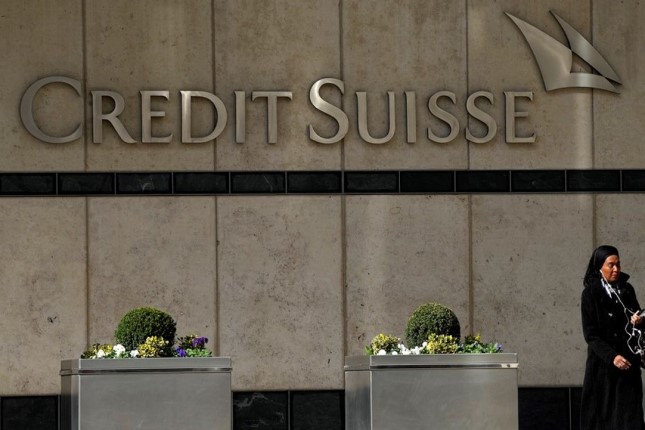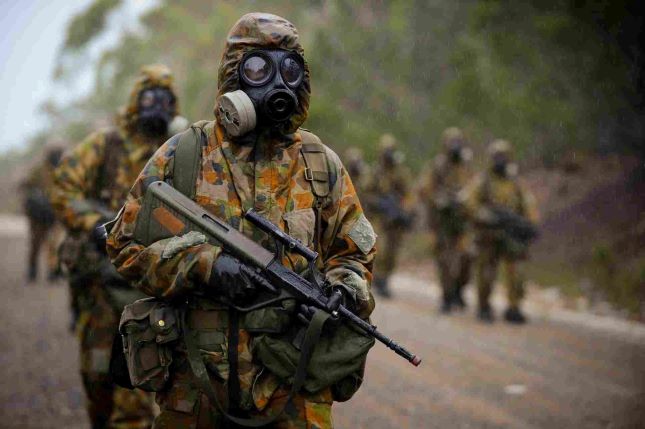Stoltenberg, former prime minister of Norway, has been the alliance's leader since 2014 and his tenure has already been extended three times, media reported.
NATO members have been grappling with potential successors over the past months, with candidates floated such as British Defense Secretary Ben Wallace and Danish Prime Minister Mette Frederiksen. Others suggested candidates from Central and Eastern Europe.
However, none appeared to have the support of all NATO members as the Vilnius NATO summit approaches, which is due to begin next week.
Experts noted that the NATO position serves as a crucial coordinator among 31 members with differing ideas and interests, and it must be someone influential enough and more importantly, representing the voices of most alliance members. However, it has become increasingly hard to align these voices as divergences grow within the organization.
US President Joe Biden is pushing for European Commission President Ursula von der Leyen to be the next NATO chief, the Telegraph reported on Wednesday, saying that the delay is partly because Biden wants von der Leyen for the post, and her term at the EU ends next year.
Having served as the European Commission president as well as Germany's defense minister, Von der Leyen has earned enough credibility, influence and experience to be a proper candidate for NATO chief, but the most crucial factor is that she has a close relationship with Biden, Zhao Junjie, a research fellow at the Chinese Academy of Social Sciences' Institute of European Studies, told the Global Times on Wednesday.
"She is the best candidate to faithfully execute American directives and military strategies in Europe, making her the most suitable successor in the eyes of the US, the biggest NATO player," Zhao said.
Apart from differences of opinion over the ongoing battle for Ukraine, the new NATO chief will have to manage differences over how involved the alliance should become in Asia, with the US pushing for a greater role in countering China, while others such as France insisting that NATO must maintain its focus on the North Atlantic area, Reuters reported.
There have always been controversies within Europe regarding their China approach, observers said. Some countries including France emphasize the region's strategic autonomy, and repeatedly stress that the defense scope of NATO should not go beyond the North Atlantic as written in the NATO charter.
They are concerned that NATO's eastward expansion would provoke China and create another hypothetical enemy, forcing Europe to take sides and be reduced to a US pawn in containing China, which they do not wish to see, Zhao explained.
However, with a relatively weaker Europe coupled with Biden's adeptness in playing the alliance strategy, such voices may weaken in the future, but the grudges will continue to build up and conflicts will become more apparent among NATO members, analysts said.
Photo: NATO alliance shows cracks under a weakening US leadership © Vitaly Podvitski.
Source: The Global Times.
